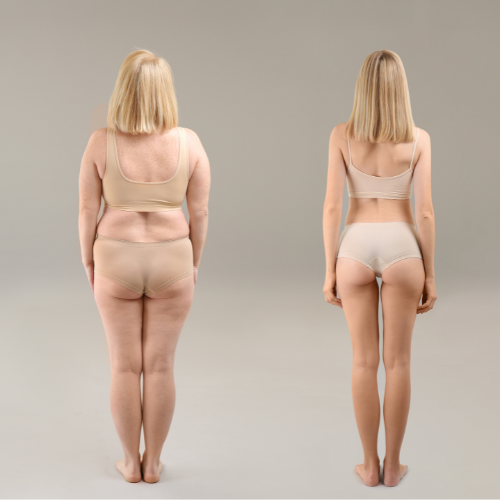Effect of diet on sleep quality

Sleep is one of the most important aspects of our health and well-being. The quality of our sleep can affect our daily functioning, mood and even our ability to maintain a healthy weight. While the impact of diet on sleep quality is often overlooked, a growing body of research indicates that what we eat has a direct impact on our sleep.
How does diet affect sleep?
A diet rich in certain nutrients can improve sleep quality, while other foods can lead to sleep disorders. Nutrients such as tryptophan, magnesium, calcium and B vitamins play a key role in regulating sleep. For example, tryptophan, which is an amino acid, helps produce serotonin, which is then converted into melatonin, the hormone responsible for regulating the diurnal rhythm.

Foods that promote healthy sleep
There are many foods that can promote healthy sleep. Among the best known are almonds, bananas, cherries, milk, and whole grains. Almonds are rich in magnesium, which can help improve the quality of sleep, especially in people suffering from insomnia. Bananas, in addition to tryptophan, also contain magnesium and potassium, which act as natural muscle relaxants. Cherries are one of the few natural sources of melatonin, and milk contains both tryptophan and calcium, which can help with sleep.
Foods to avoid before bedtime
While some foods can help improve sleep quality, others can have the opposite effect. Foods to avoid before bedtime include caffeine, alcohol, heavy-digestible meals and foods high in simple sugars. Caffeine, present in coffee, tea and even chocolate, is a stimulant that can disrupt the sleep cycle. Alcohol, while initially having a calming effect, can disrupt the REM phase of sleep, which is crucial for mental and emotional recovery.
The role of hydration in sleep quality
Hydration is another important factor affecting sleep. Deficiency of water in the body can lead to dry mouth and nose, as well as nighttime leg cramps, which can disrupt sleep. It is advisable to drink enough water during the day, but avoid large amounts of fluids just before bedtime to avoid nightly visits to the bathroom.

Applications
Sleep quality is inextricably linked to our eating habits. Incorporating foods rich in sleep-promoting nutrients into our diet, as well as avoiding those that can disrupt sleep, can significantly improve the quality of our nightly rest. We should also keep in mind adequate hydration, which plays a key role in maintaining a healthy sleep cycle. Small dietary changes can have big benefits for our health and well-being.




